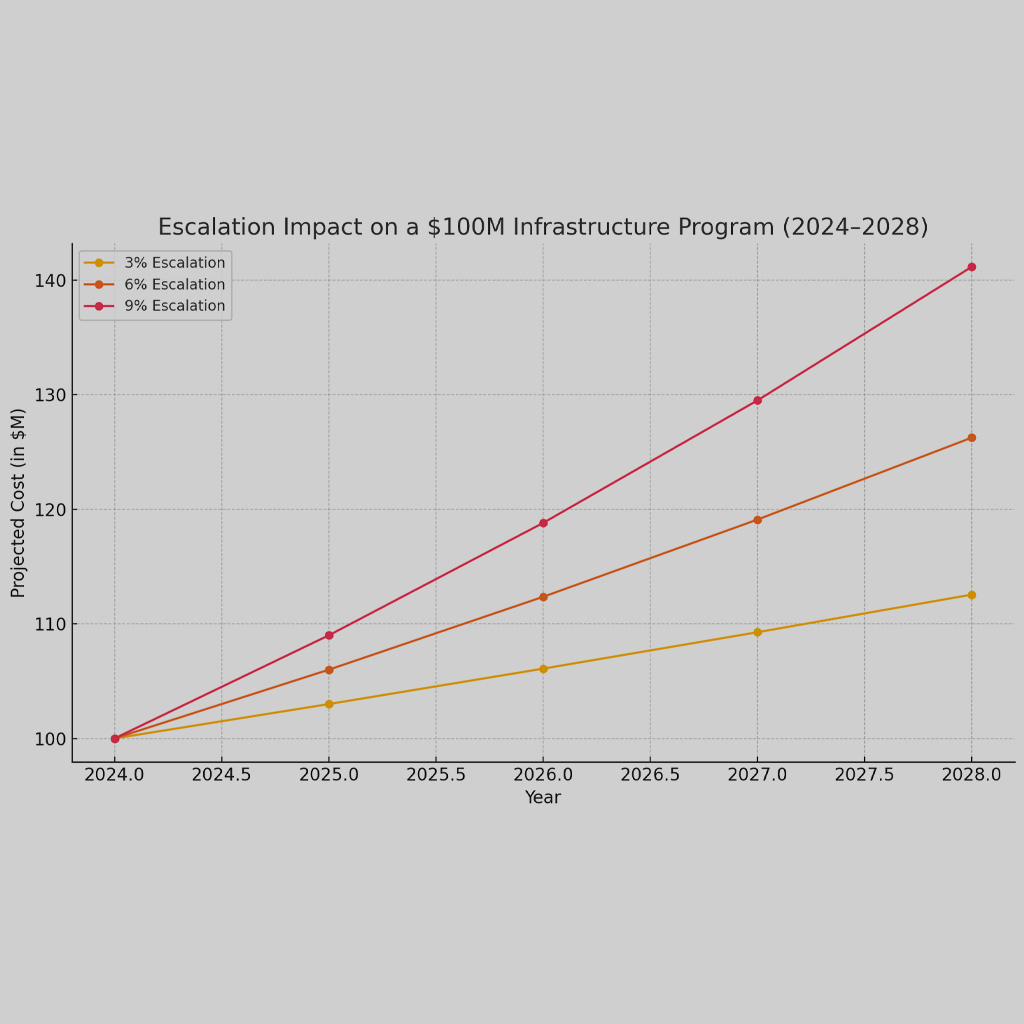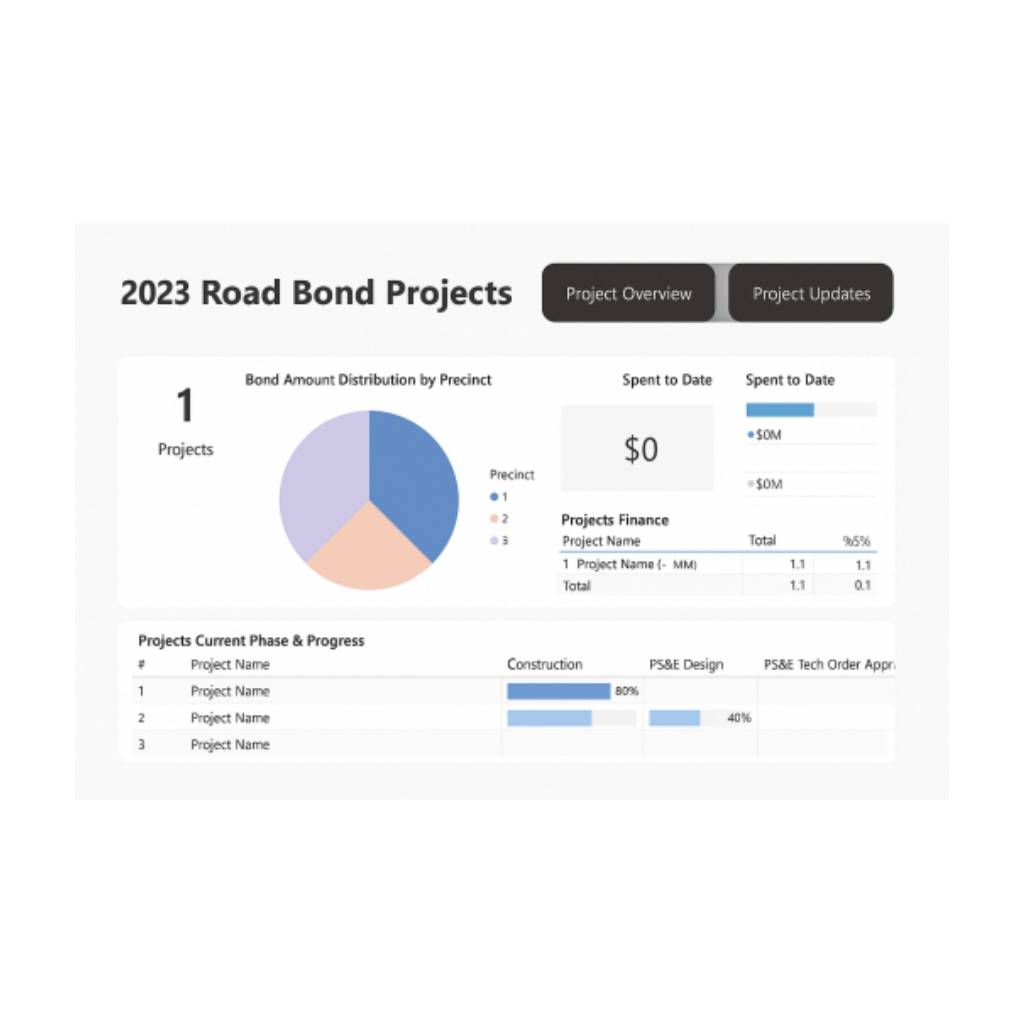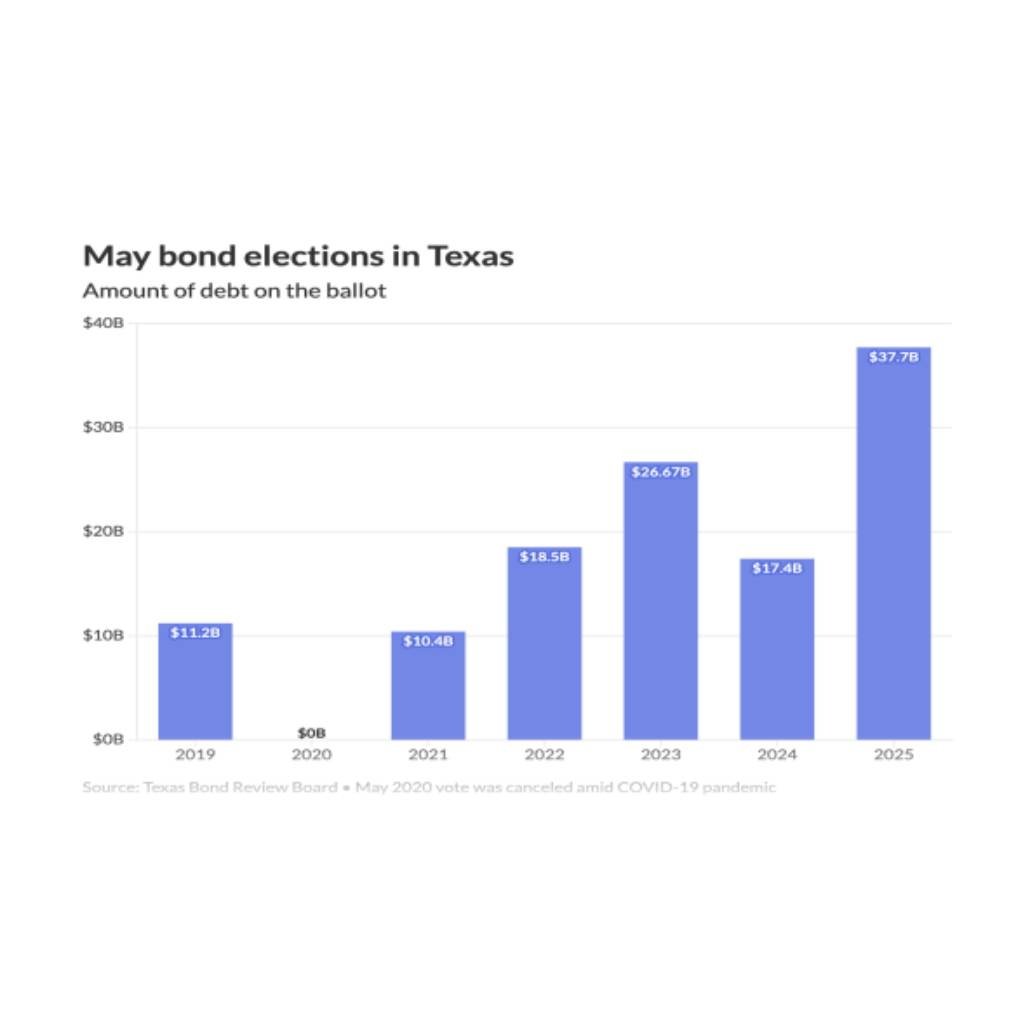Over the next five years, Texas is anticipated to receive approximately $27.5 billion in federal grant funding for highways and bridges. In 2022 alone, $13.9 billion in federal funding was announced to fund 310 new projects across the state. In the undertaking of bolstering infrastructure, services, and economic development, county officials and city managers often encounter a multitude of challenges when applying for state and federal grants. These processes can sometimes appear daunting, but with strategic planning and a clear understanding of the fiscal landscape, these obstacles can be overcome while demonstrating accountability and fiscal discipline.
Common Challenges
- Inadequate Preparation: One of the most common errors is not being adequately prepared when applying for grants. Incomplete or rushed applications will often result in rejection. To avoid this, establish and cultivate connections with grant agency representatives. Attend workshops, webinars, and networking events to gain insights into the grant application process.
- Misalignment with Priorities: Failing to align project proposals with state and federal priorities reduces the chances of securing grants. It is crucial to thoroughly research grant criteria and tailor proposals accordingly. Create a comprehensive plan that outlines project scope, objectives, timelines, and estimated costs. Clearly define how the proposed infrastructure improvements will benefit the community, region, and meet national objectives.
- Overambitious Projects: Pursuing projects beyond the county or city’s capacity can lead to incomplete or delayed projects, which may negatively impact future grant opportunities. Collaborate with neighboring jurisdictions, state agencies, nonprofits, and private entities. Partnerships can enhance project viability and strengthen grant applications.
- Insufficient Documentation: Inadequate documentation of financials, project plans, and community benefits can weaken grant applications. Prepare and maintain up documentation, including financial statements, engineering reports, environmental assessments, and legal clearances. Comprehensive documentation showcases your city’s readiness and seriousness.
- Lack of Experience or Expertise: Grant writing and infrastructure program management both require exactness and attention-to-detail. Seek advice from experienced grant writers or consultants who understand both the grant landscape and fiscally responsible approaches to managing programs. Consider bringing on a consulting firm to conduct a Capital Improvement Programs Readiness Audit (CIPRA).
Implementing Accountability Measures
- Budgetary Oversight: Establish a dedicated committee to oversee the allocation and utilization of grant funds, providing regular updates to elected officials and the public.
- Project Management and Controls: Anticipate the post-award requirements. Develop a plan for tracking progress, managing funds, and reporting on project milestones and outcomes. Program Management Consulting (PMC) firms can assist your staff in implementing stringent project monitoring to ensure that the funds are being used according to the approved plans.
- Financial and Organizational Audits: Conduct periodic financial and organizational audits to maintain transparency and accountability in fund allocation and utilization. As mentioned previously, a CIPRA may help in preparation and signal to granting agencies a municipalities seriousness with respect to effectively employing grant funding.
Demonstrating Effective Grant Funding Use
- Clear Communication: Regularly update constituents through town hall meetings, newsletters, and online platforms to showcase project milestones and the positive impacts on the community. Open communication builds trust between the government or relevant organizations and the public.
- Data-Driven Reporting: Use data and metrics to demonstrate the progress and success of infrastructure projects funded by grants. Regular updates, project milestones, and sharing of progress can demonstrate accountability and foster a sense of transparency, which is crucial for garnering public support and minimizing misinformation.
- Case Studies and Media Engagement: Present real-life examples of infrastructure improvements that have positively affected the community, illustrating how funds are being used effectively. A well-implemented media plan can shape public perception by highlighting the positive aspects of the infrastructure program. This can help generate public excitement and enthusiasm, making it more likely for people to embrace and accept the changes brought about by the project.
- Crisis Management: Should any challenges or setbacks arise during the implementation of the infrastructure program, an effective media engagement plan can help manage the crisis by promptly communicating the issue, explaining mitigation measures, and outlining the path forward. Municipalities frequently enlist the aid of consulting firms in this area as a proactive approach can minimize negative publicity and maintain public confidence.
Leveraging state and federal infrastructure grant programs to fuel infrastructure growth while prudently managing fiscal obligations requires careful planning, collaboration, and diligent execution. By avoiding common pitfalls, establishing accountability measures, and showcasing effective fund utilization, local leaders can secure grants that not only align with their constituent’s’ values but also enhance the well-being of their communities. Through these strategic approaches, a balanced approach to growth and financial responsibility can be achieved, fostering sustainable development for years to come.
At Front Line Advisory Group, we provide program management consulting services for capital improvement bonds. We are revolutionizing the construction industry and transforming client expectations by obsessing over the basics of budget oversight, schedule enforcement, compliance, vendor management, and stakeholder communication. Contact us for more info at info@frontlineadvisorygroup.com.













